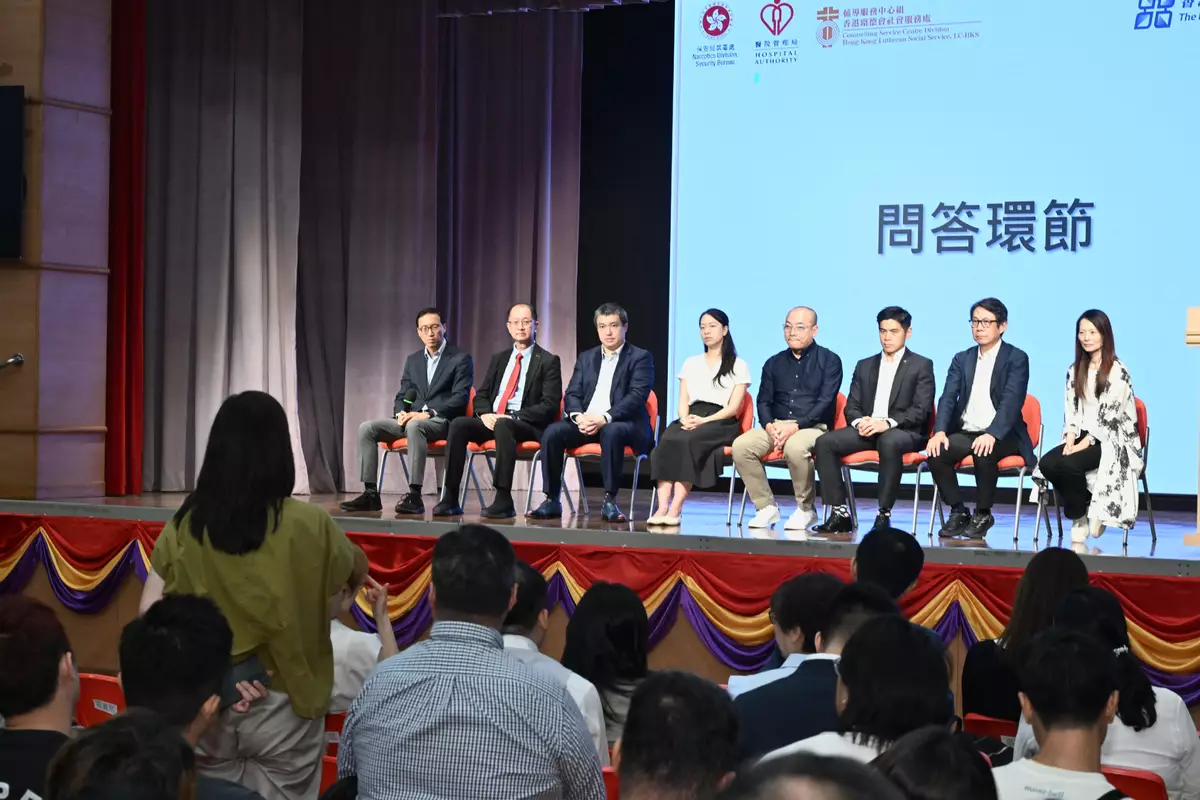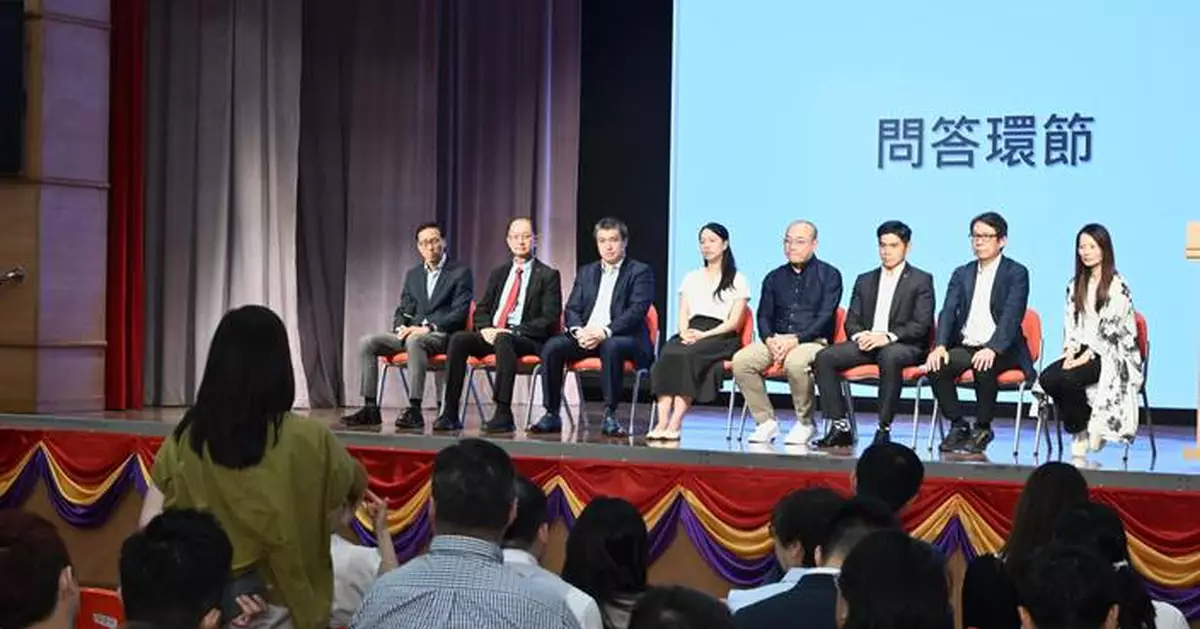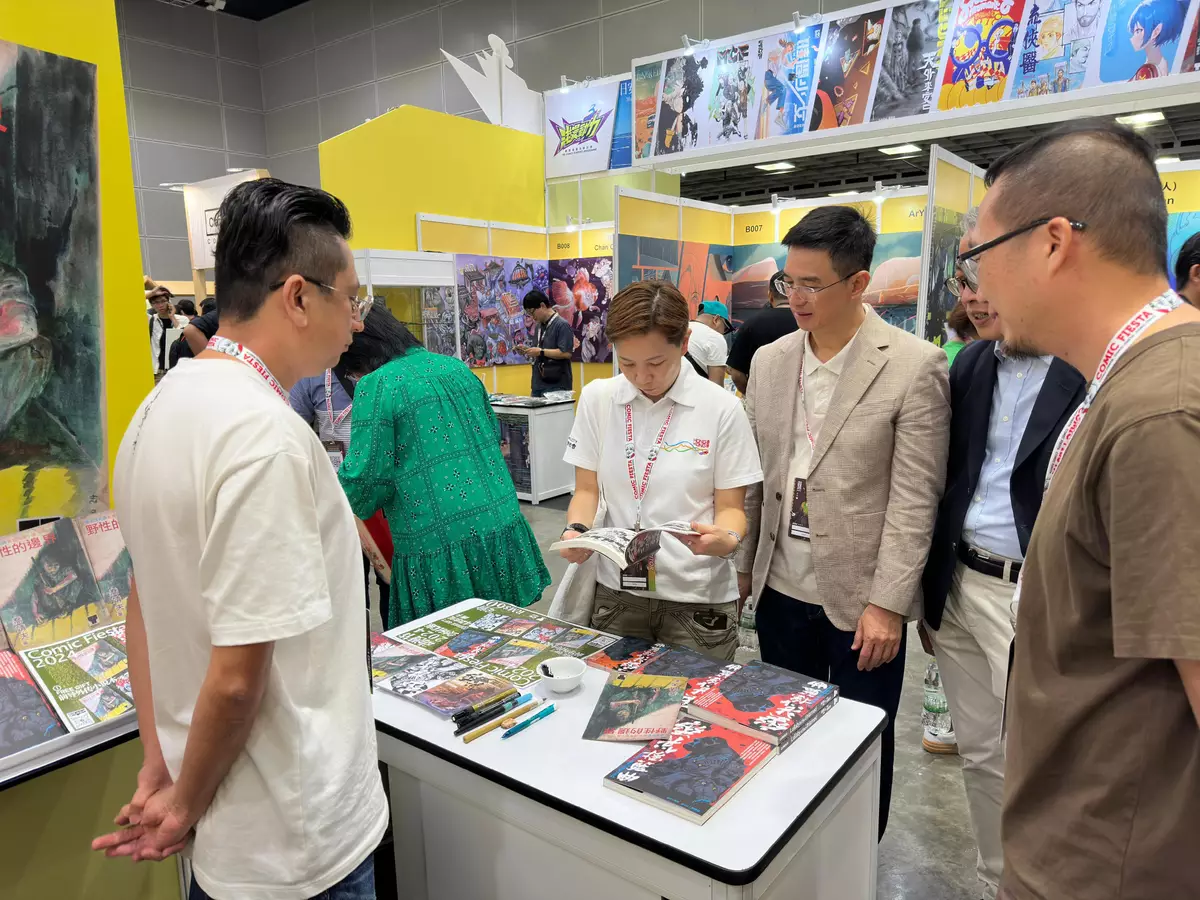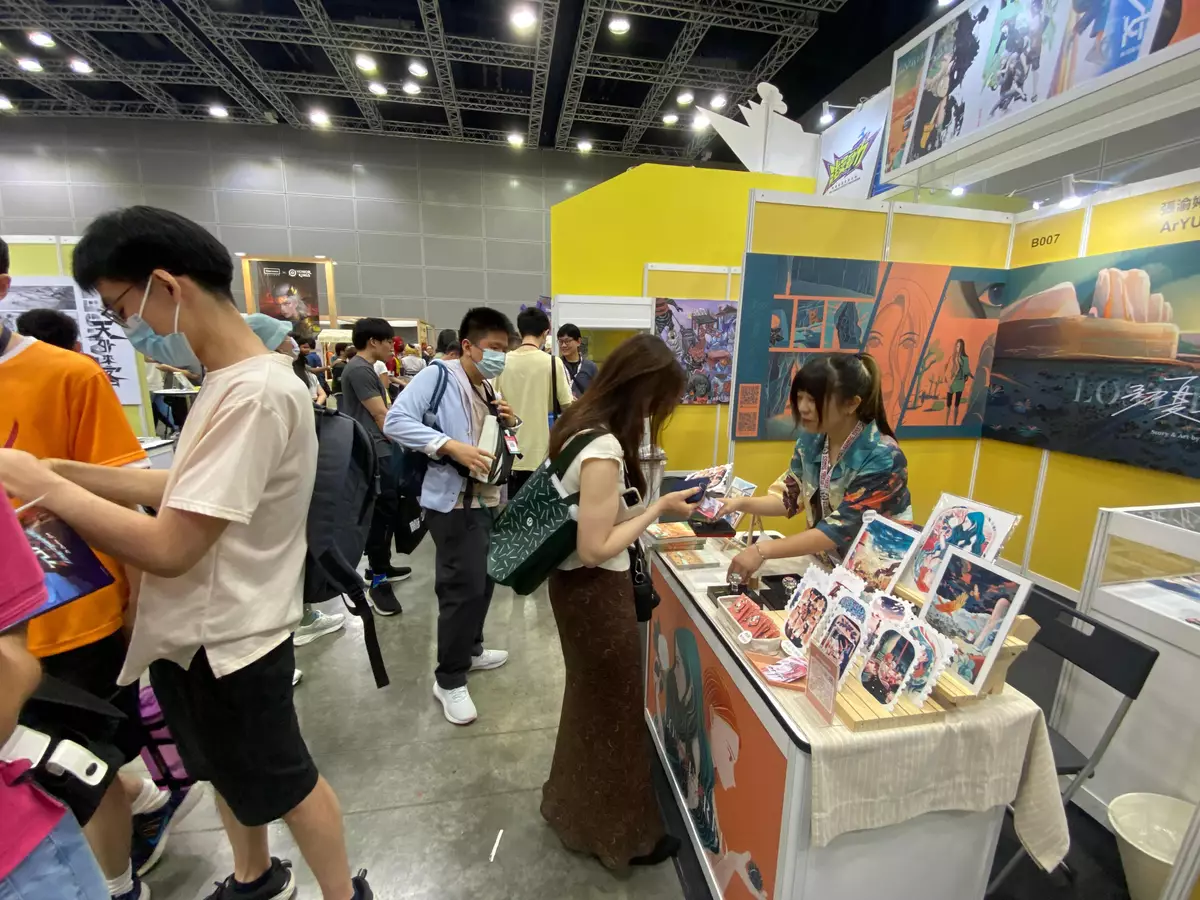Working together to safeguard schools from "space oil"
To safeguard schools from a new type of drug dubbed "space oil", the Narcotics Division (ND) of the Security Bureau, the Hong Kong Poison Control Centre (HKPCC) of the Hospital Authority, and the Counselling Service Centre Division of the Hong Kong Lutheran Social Service (HKLSS) jointly organised a seminar today (October 8) on "space oil" abuse. Over 300 teaching staff from primary and secondary schools as well as social workers attended. Attendees were briefed about the situation of the risks of "space oil" among young people and the harmful effects of the drug at the seminar, with a view to raising the awareness and vigilance of school personnel and social workers regarding "space oil".
At the seminar, the Chairman of the Hong Kong Council on Smoking and Health, Mr Henry Tong; the Head of Toxicology Reference Laboratory of the HKPCC, Dr Calvin Chong; Chief Inspector of the Narcotics Bureau of the Hong Kong Police Force and representatives from the HKLSS Evergreen Lutheran Centre and the Kwun Tong District Youth Outreaching Social Work Team of the Boys' & Girls' Clubs Association of Hong Kong each shared with participating teaching staff and social workers on preventive education against electronic cigarettes (e-cigarettes) in schools. They also shared information on pharmacology and the harm of abusing "space oil", enforcement actions and relevant publicity and education programmes of the Police, as well as frontline service experiences and observations. The ND also explained the relevant statutory control.
The Commissioner for Narcotics, Mr Kesson Lee, said at the seminar that taking "space oil" is equivalent to taking drugs. The Government will take actions to crack down on "space oil" and strengthen the statutory control of the relevant substance. He urged teaching staff and school social workers to remain vigilant and observant, not to underestimate the vaping of e-cigarettes among students, and refer students at risk to suitable counselling and treatment programmes as appropriate. The ND delivers various anti-drug promotion and educational initiatives in schools in collaboration with the education sector. A multi-modality approach is also adopted in Hong Kong to render drug treatment and rehabilitation services that can help young drug abusers. He stated, "No school, regardless of its reputation or academic performance, can get away from the problem of drug abuse. Therefore, preventive education and publicity has always been an imperative duty of the Narcotics Division."
Although there is no standard formula for "space oil", it usually contains an anaesthetic called etomidate, which can only be prescribed by a doctor according to the law. Etomidate is regulated as Part 1 poison under the Pharmacy and Poisons Regulations (Cap. 138A). In addition to etomidate, "space oil" may also be mixed with other drugs, impurities, and harmful chemicals such as nicotine. Dr Chong pointed out that long-term use of etomidate could disrupt the hormonal balance of its abusers, and the harm resembles that of hereditary diseases.
"Space oil" is often inhaled through electronic smoking products (such as e-cigarettes) or heated tobacco products, concealed in oil/liquid form within capsules and heated to produce aerosol for inhalation. Regarding the use of e-cigarettes, Mr Tong said, "The aerosol and secondhand smoke from e-cigarettes contain toxic and carcinogenic substances. The chemical solutions release various and unknown harmful substances when heated at high temperatures, some of which may be present in higher concentrations than traditional tobacco, and some are unique to e-cigarettes, posing serious health hazards."
The ND's website (www.nd.gov.hk) contains information about "space oil", and the ND also launched a "space oil" themed animated video in August (www.youtube.com/watch?v=zHQVLgU3wAA). Members of the public are welcome to browse the website. In addition, the Hong Kong Jockey Club Drug InfoCentre, located on the roof floor of the Low Block of the Queensway Government Offices, provides various anti-drug knowledge and is open to the public.

Working together to safeguard schools from "space oil" Source: HKSAR Government Press Releases









